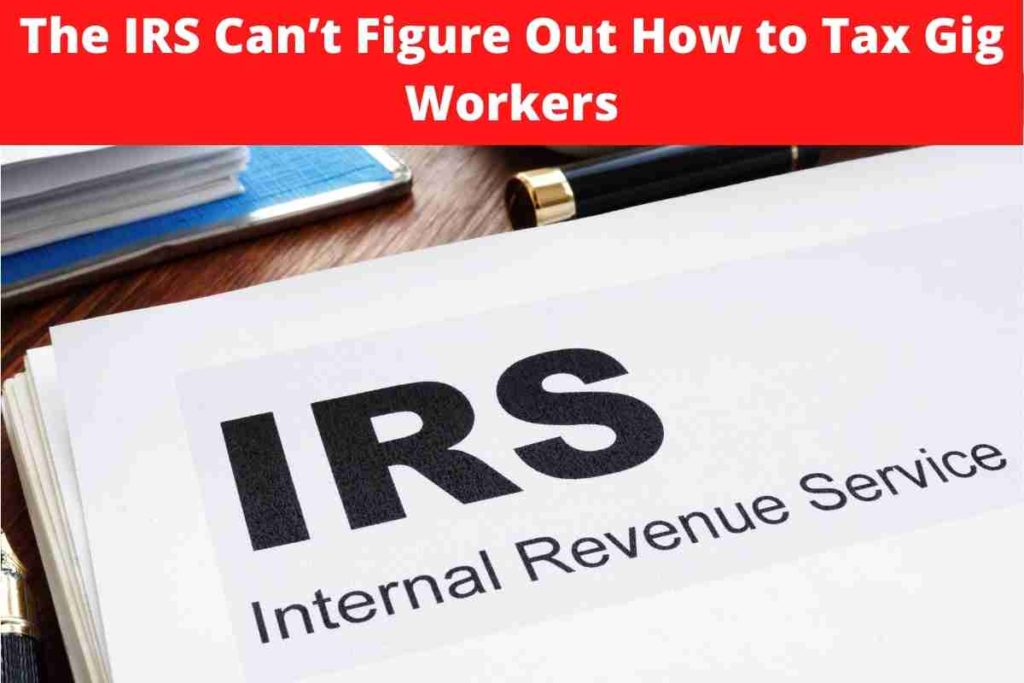The IRS is cracking down on the gig economy, considerably reducing the bar for disclosing money earned outside of established employment. However, if you haven’t been declaring your side hustle, the new law is unlikely to make you do so.
Venmo and other payment apps must notify the IRS if a user makes more than $600 a year from selling products or delivering services beginning January 1. If there were more than 200 transactions totaling at least $20,000, the IRS had to be notified.
When income is reported to the IRS, a “paper trail” makes it far more difficult to avoid paying taxes. According to the current plan, the payment app will alert the IRS and mail a particular tax form to businesses that reach the $600 threshold. When the individual files their taxes, the government can verify that they’ve declared the same amount as the payment network did. This is a win-win situation.
Someone receiving such a document and not reporting any additional income is usually a cause for concern for the Internal Revenue Service.
The new clause has been criticized, as one might expect. Etsy merchants, Airbnb hosts, hairstylists, and others claim that the IRS is specifically targeting them, even though audit rates for the wealthiest Americans have decreased to less than 2%.
However, attacks on the rule’s fairness disregard a more fundamental fact: It is simple to disobey the government. They’ll have to go a little more aggressive to convince Uncle Sam to take a bite out of the cash generated by the gig economy.
Personal reimbursements, gifts, and charitable contributions are excluded from the new rule’s IRS notice requirements. However, the legislation was worded so that payment applications and many of its users had a lot of leeways. Due to years of underfunding, the IRS has not provided much clarification or further guidance for this year’s tax filing season. This means that the payment networks have sole discretion over how to meet the new requirements.
As a result, there is a growing amount of misunderstanding as to the norms of compliance differ. Those that run a side company out of their accounts, such as Cash App, may have the most exact time avoiding additional reporting requirements. If a consumer has transactions for goods and services exceeding $600 in personal and business accounts, Venmo promises to send a tax form to the customer. While this is going on, Zelle claims that it is exempt from the duty to submit any reports.
However, if account holders do not supply their Social Security numbers and other tax information as asked by Venmo, the payment business will freeze account funds. Nevertheless, payments have to be classed as commercial transactions in the first place to get to this position.
Much relies on the individual who sends the money, who must mark the appropriate box to indicate whether the transaction is for business or personal purposes.
Even whether the payment is for an item or a service, Venmo users may not notice the option to select yes or no. In some cases, the recipient of the payments may have agreed with the sender to categorize the transaction as personal.
It doesn’t matter what the reason, a person who makes a payment is unlikely to face any penalties. According to Steve Rosenthal, a tax attorney and senior fellow at the Urban-Brookings Tax Policy Center, the standard is high to prove that the individual purchasing an item or service purposefully misclassified a transaction or knowingly violated the law.
Even if additional reporting rules are easier to avoid, some side hustlers may only trade in cash. Although cashless payment applications, primarily as people increasingly conduct transactions online, are convenient, most people will continue to use them because of their convenience. There are several loopholes in the current system that must be filled before the government can claim its fair part of this rapidly expanding source of money. Perhaps the first step should be to figure out who will be held responsible for ensuring compliance with the new rules.





